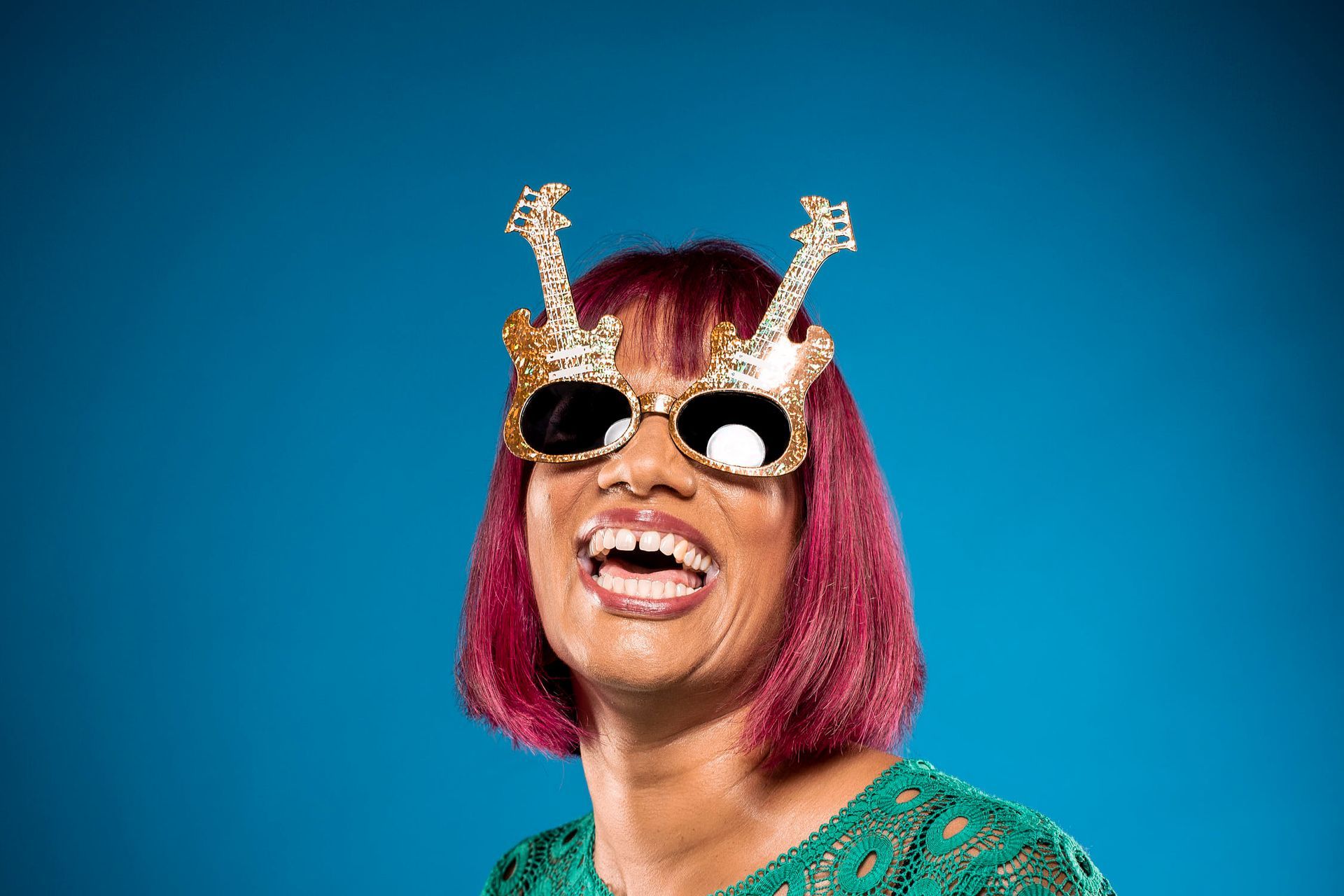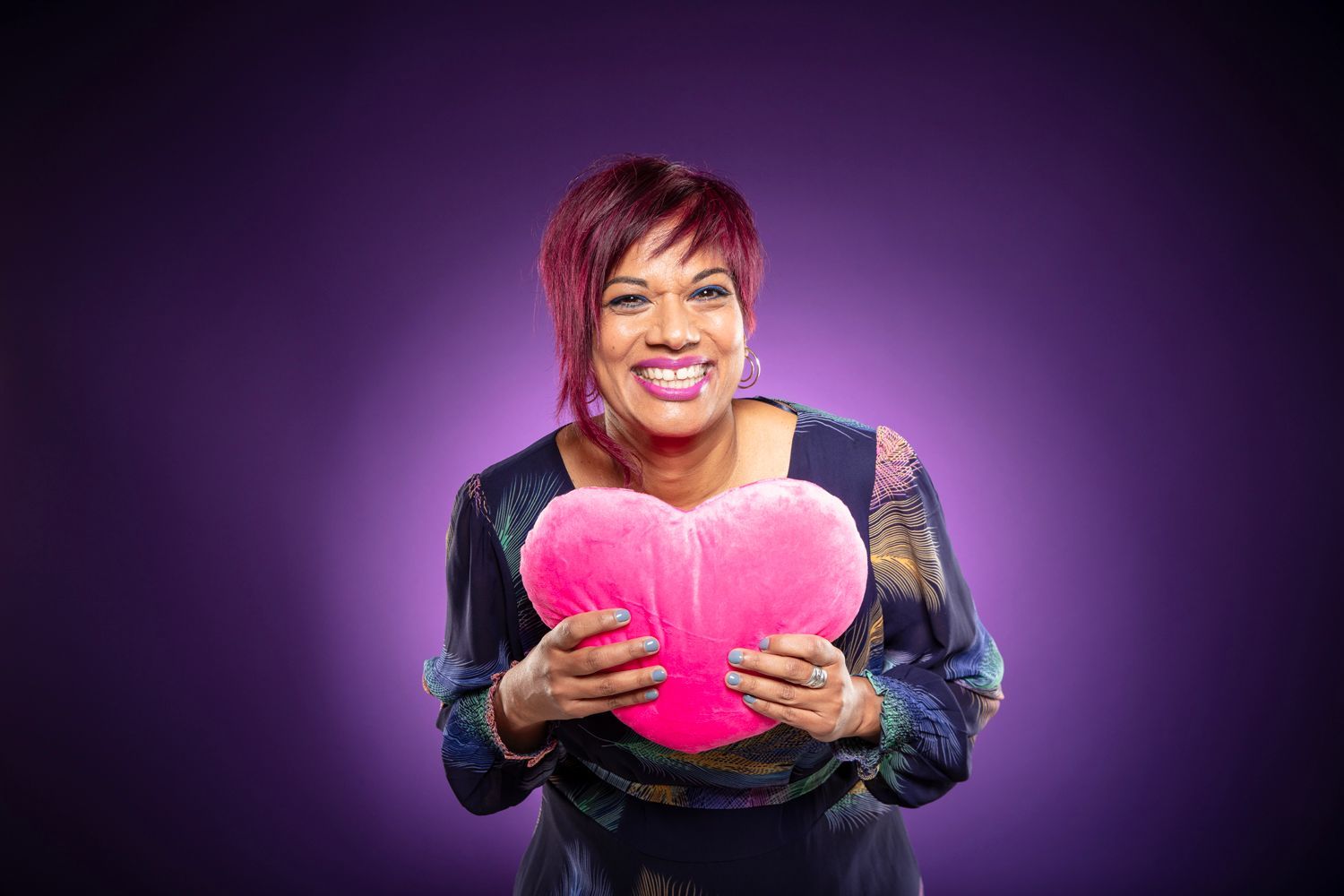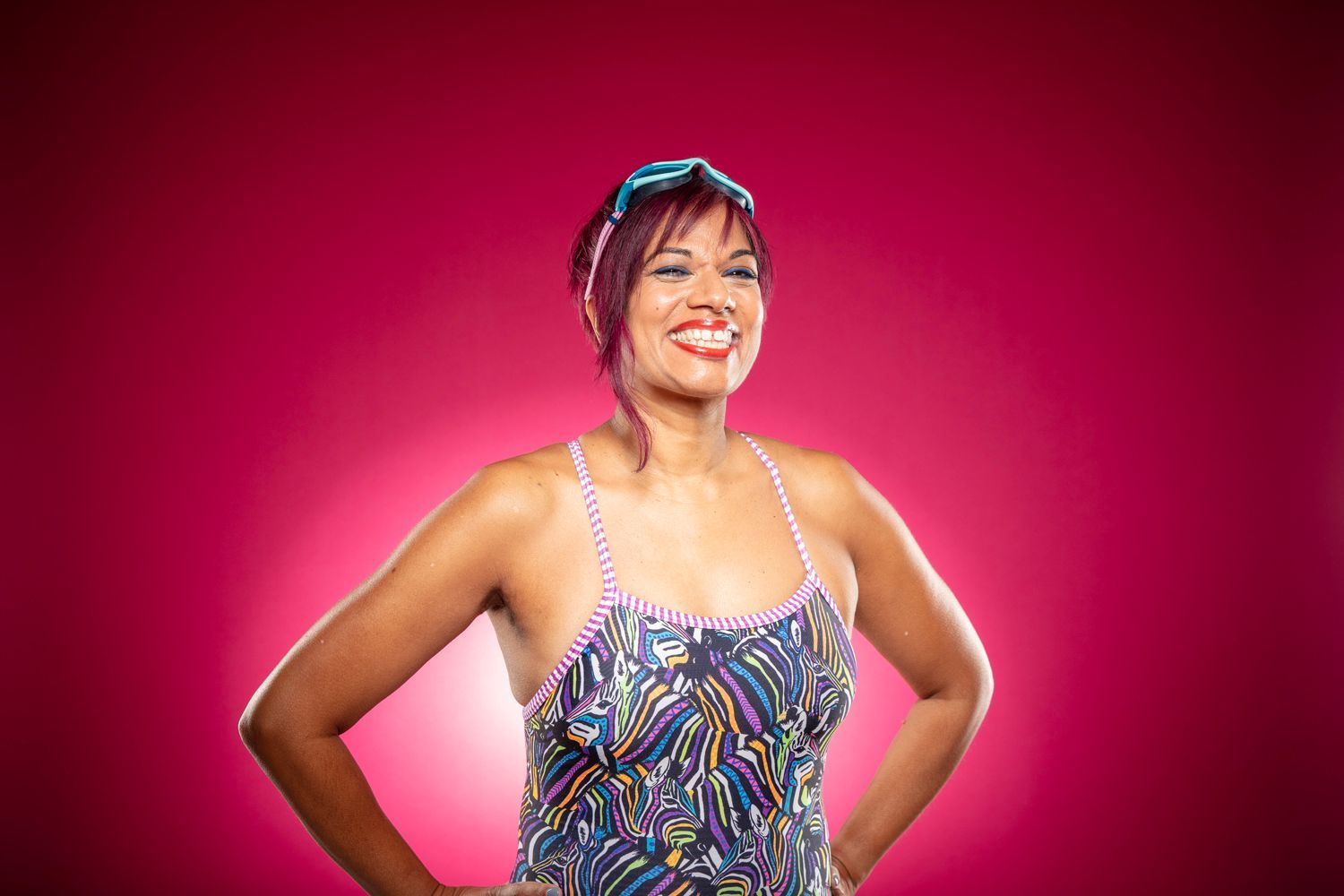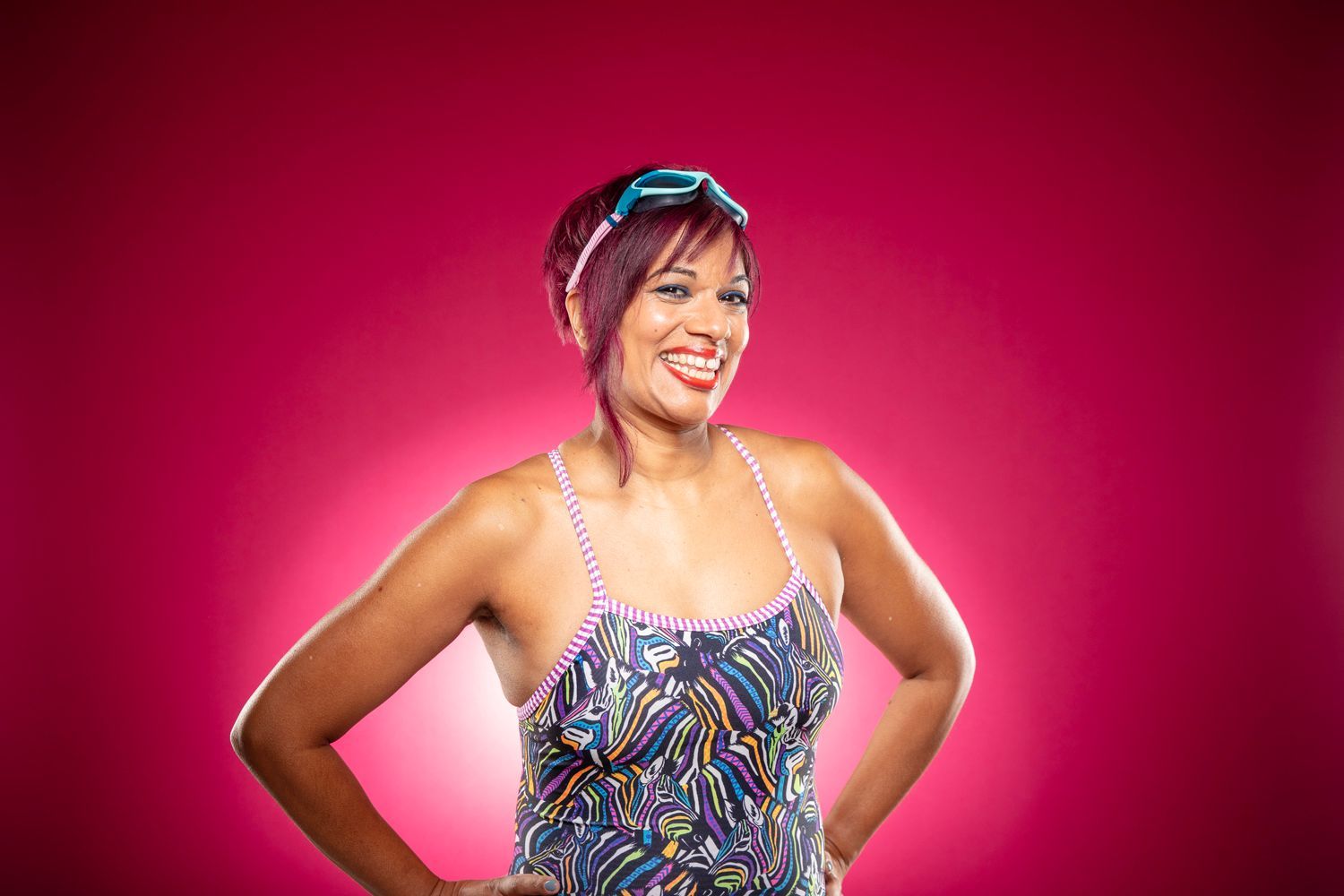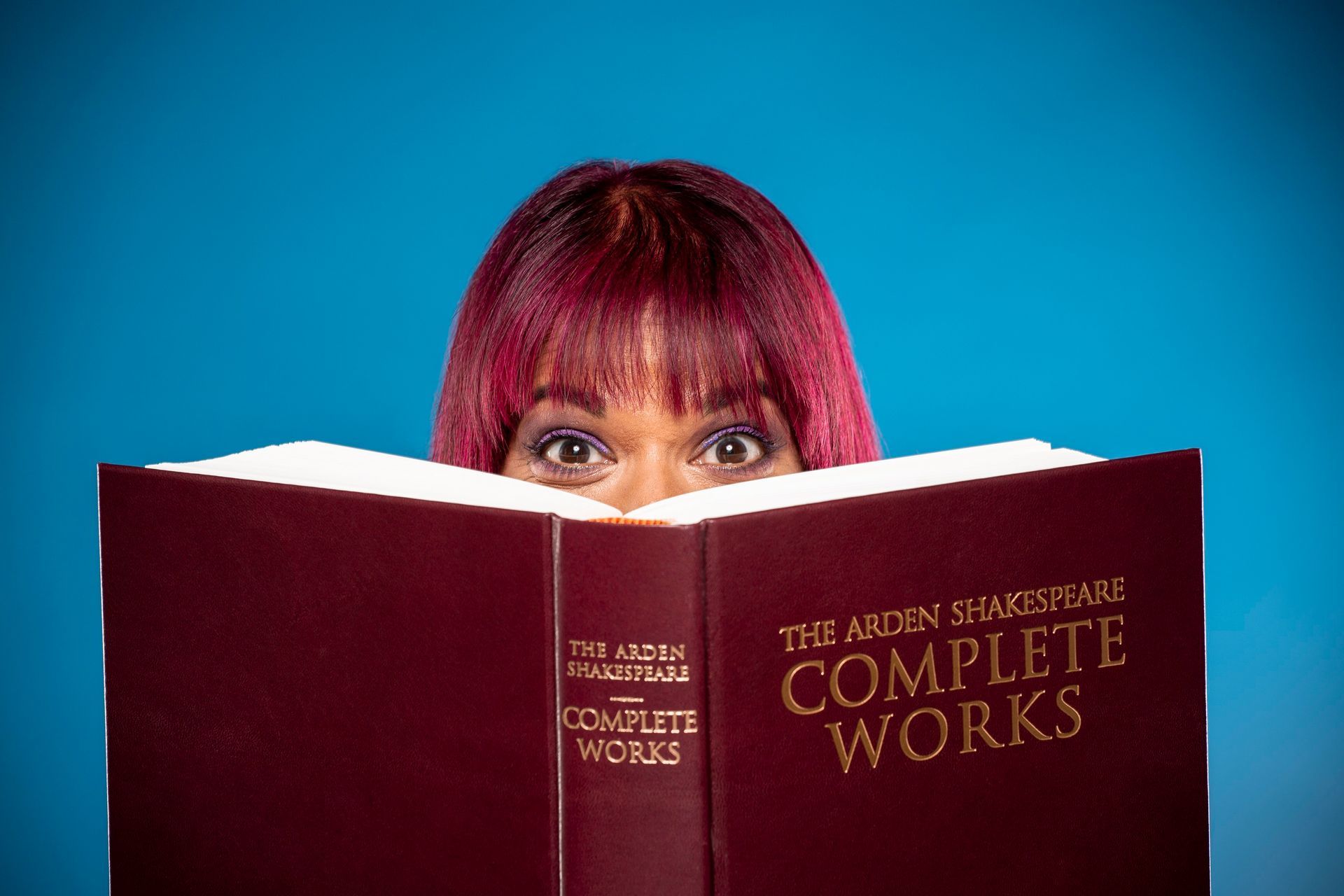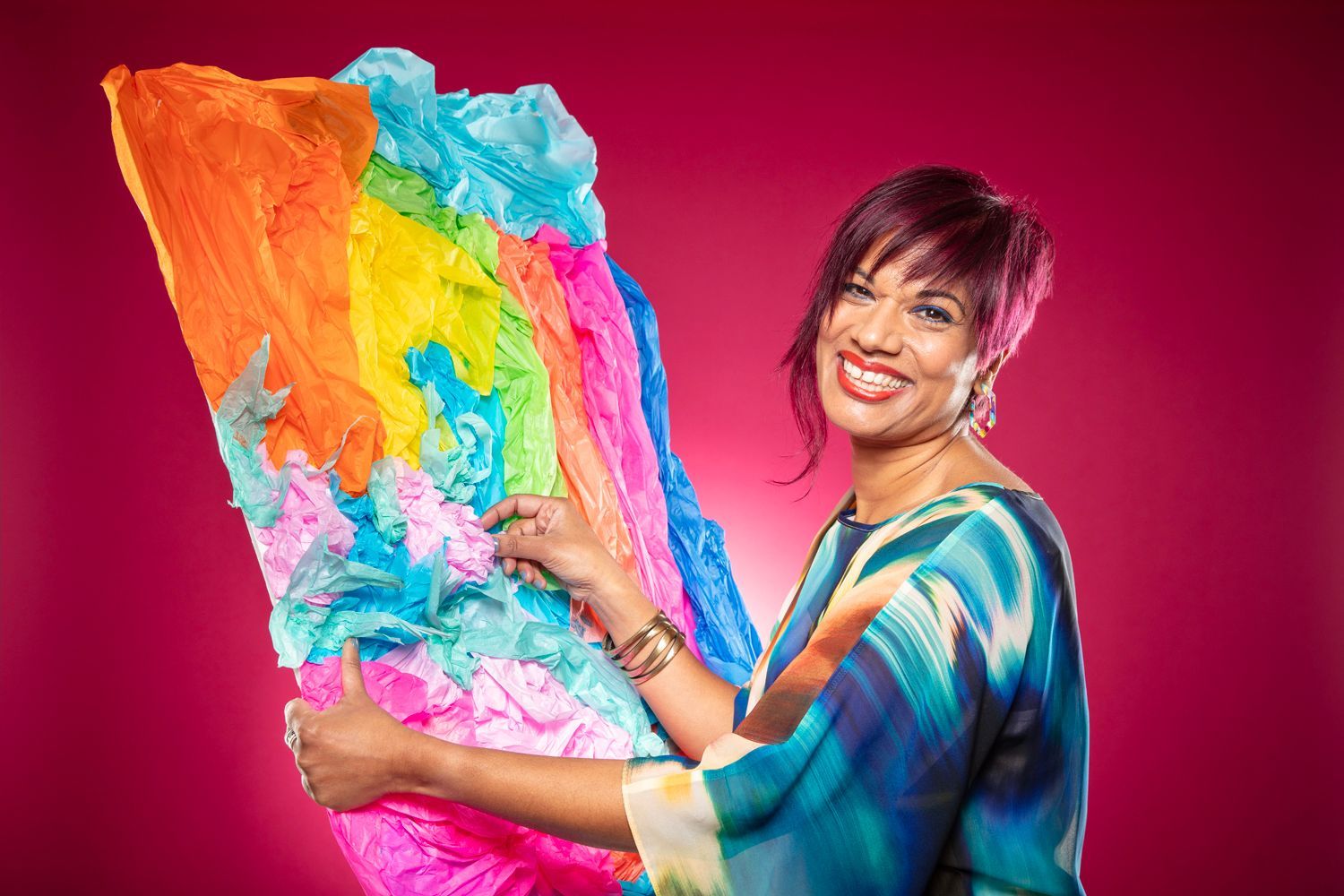Have I got to be certain?
I’ve written before about uncertainty and how, despite my rules in life, I have got more comfortable with uncertainty and seen creative opportunities emerge from it. For me, this seems to be much easier when I am the only one affected by it so I can choose how I respond.
This week I was listening to a podcast with Steve Chapman about creativity in coaching and embracing uncertainty. He talked about the benefits of moving towards not knowing and how by taking people into a more abstract space, they are more likely to think differently and that’s where transformation occurs. I really love this concept and reflected on whether I was embracing uncertainty within my work environment, where other people are involved.
I realised that within my event work I feel very comfortable coming up with creative ideas on the spot and improvising around the event and a lot of this is to do with the fact that it feels ‘safer’ to do as I have 20+ years credibility and therefore feel better equipped to face the inevitable rejection of some my ideas.
When I thought about my coaching, I know I do my best coaching when I am present, noticing what’s happening and letting go of what the outcome might be. Yet when I reflect on the reality of my coaching, I realise that I am still not embracing uncertainty as fully as I do in other areas of my life, perhaps because there is a bit of imposter syndrome creeping in. Coaching is a more recent strand of my work and I think there is still a fear that the uncertainty or the fact that a creative exercise may not be helpful, might reflect badly on me. The irony is I would happily suggest that same creative exercise to one of my event clients!
To overcome this, I found it very helpful to think of the uncertainty and creativity in coaching as co-creation with my client – we are in it together. I also love the honesty of saying to a client, let’s try an exercise and see if it works without the pressure of feeling like you should pre-suppose its success. It certainly made me stop and reflect and think to myself that there is room for me to be braver if I want to continuously improve as a coach.
We are programmed to be creatures of habit so next time you are stuck, why not try to move yourself into a different space:
- Embrace playfulness and curiosity
- Go beyond the norms
- Unlearn some old habits
- Question your assumptions
- See blockers as opportunities
- Get comfortable being uncomfortable
- Think of creativity as co-creativity
Robert Poynton, in his book Do/Improvise, talks about three principles: Notice More, Let Go and Use Everything. If I can do these in my coaching, I know I’m on the right track and if I can do this in life, then who knows what will emerge!

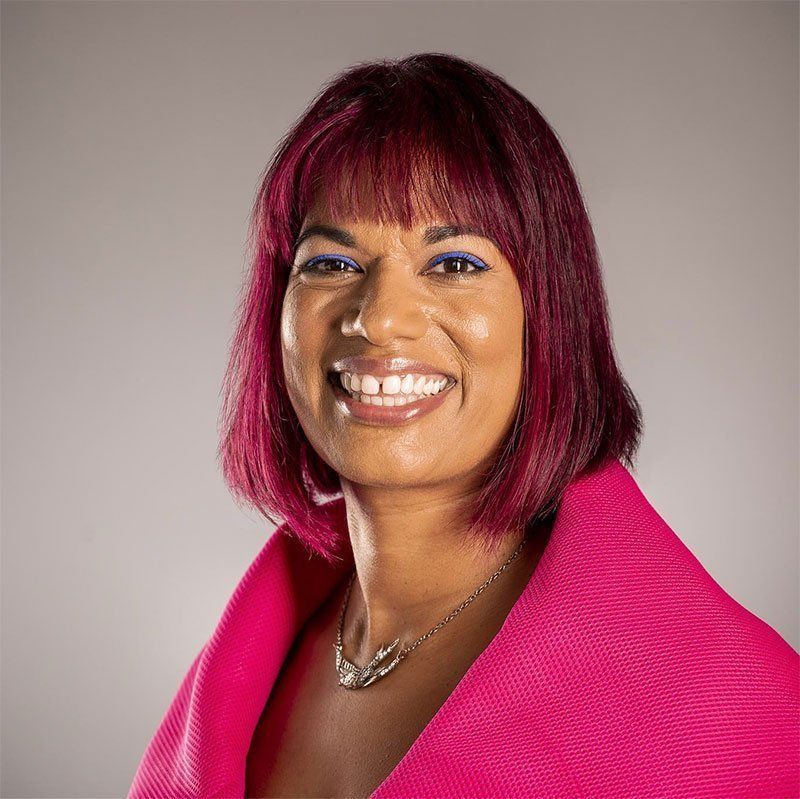
Connect with Rosie
